Former President Goodluck Jonathan has urged Nigerians to adopt democratic practices that foster inclusivity and national unity.
Jonathan said that for democracy to succeed, political leaders and elites must set a good example, work together towards a common goal, and prioritize peace and social justice for the benefit of all citizens.
He spoke in Abuja during the 25th anniversary Democracy Day public lecture.
Jonathan observed that the transition to democracy in 1999 marked a significant milestone in Nigeria’s journey, representing a shared aspiration for unity, peace, and progress.
While acknowledging modest advancements over the past 25 years, he also recognized the challenges that have accompanied the progress.
He said: “As a nation, we built an economy that was once the biggest on the African continent, experienced significant infrastructural growth, made strides in the arts and sports, and recorded many peaceful political transitions at the national and sub-national levels.
“We must work together despite our political differences, accommodate our diversity, and prioritize policies that will impact the lives of our citizens.
“As we project towards celebrating the golden jubilee of our uninterrupted democracy, it is imperative to state that we need to work assiduously towards further strengthening state institutions so that they can withstand the shocks that threaten democratic governance.
“Democracy as a form of government is anchored on sets of promises in line with a nation’s development and growth aspirations. The fulfillment of these promises reinforces the citizens’ trust and faith in the government.
“As we celebrate 25 years of unbroken democracy, we look to the future with the hope that democracy has come to stay and that democracy will continue to take firm roots in our nation, and we will have cause to celebrate a centenary of uninterrupted democratic governance.
“To attain such a feat, the political actors and everyone at the helm of affairs in this country must listen to the voices of the citizens. The lifestyle of the political class should reflect the current realities in our land.
“Let me say that we need to come up with a model of democratic practice that will be more inclusive and reinforce social cohesion. The zero-sum kind of politics where a winner takes it all has not helped to foster unity and political justice.
“A political party that scores up to 30 percent of the votes in an election at the federal or state levels shouldn’t lose everything. We need to come up with innovative solutions that will address the challenge of political exclusion that usually comes up after elections.
“Zero-sum politics has over the years promoted desperation, agitation, and disunity. We need to work out a model that guarantees political inclusion and promotes unity and tolerance in the polity.
“We can forge a Nigeria where every citizen has a voice, where opportunities abound, and where the promise of a better tomorrow is not just a dream but a tangible reality.
“Let us therefore celebrate this milestone with pride and renewed determination. Let us ensure that the next 25 years of our democracy are even more transformative, more inclusive, and more prosperous for all.
“In line with the wordings of our national anthem, “To handover to our children a banner without stain,”we must not handover to our children a democracy built on politics of region and religion. A democracy built on ethnicity does not endure. It will continue to wobble.”
Ambassador Babagana Kingibe, co-chair of the event, highlighted that the past 25 years of democracy have brought political stability and continuity to Nigeria’s governance, providing a foundation for the country’s progress.
“During this period of uninterrupted democracy, fundamental freedom has been enhanced and generally protected. Personal freedoms and expressed beliefs and opinions, freedom of association, freedom of the press, and civil society activists, including trade union activists, have all relatively thrived.
“Similarly, the advanced culture of the rule of law and strengthening of democratic institutions, such as the Independent National Electoral Commission (INEC), the judiciary, and the police, are all ongoing work in progress.
“Efforts have continued to be made in the area of accountability through such mechanisms as parliamentary oversight, and the work on anti-corruption and similar agencies is the work to be done. So, government with the consent of the people, civil liberty, personal freedoms, the rule of law, strong institutions, and accountability are the strong pillars on which democracy rests.
“We might ask whether we have succeeded in entrenching this in the last 25 years. The answer, of course, is no. Building and sustaining strong democracy is a lifelong endeavour in any nation; it’s always work in progress.
“Even older democracies, as shown by just concluded parliamentary elections in Europe, just like in the U.S., which has been practicing democracy for the last 250 years, are still grappling with the challenges of perfecting their democracies.”









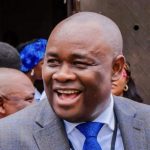


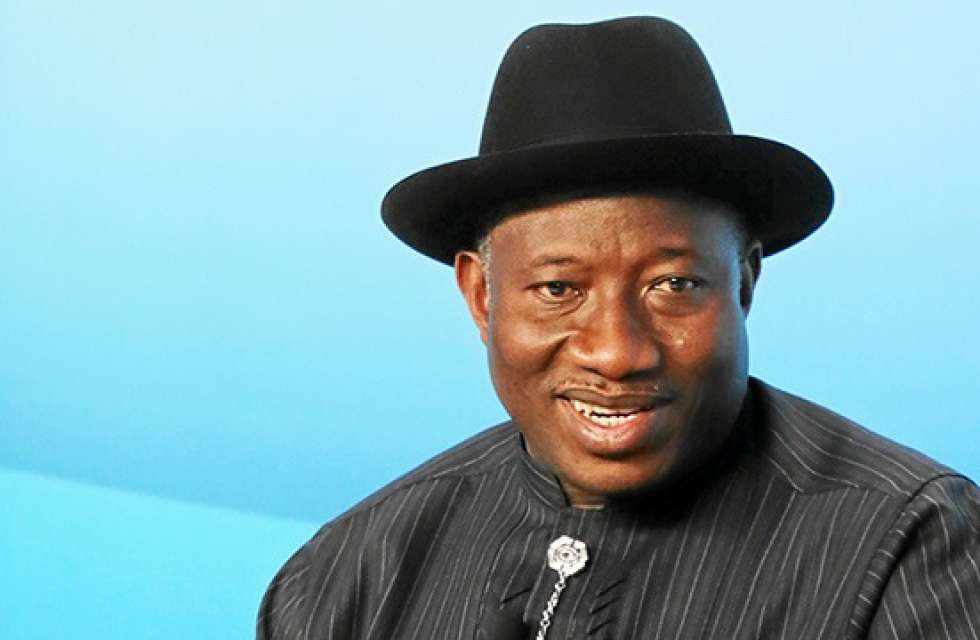








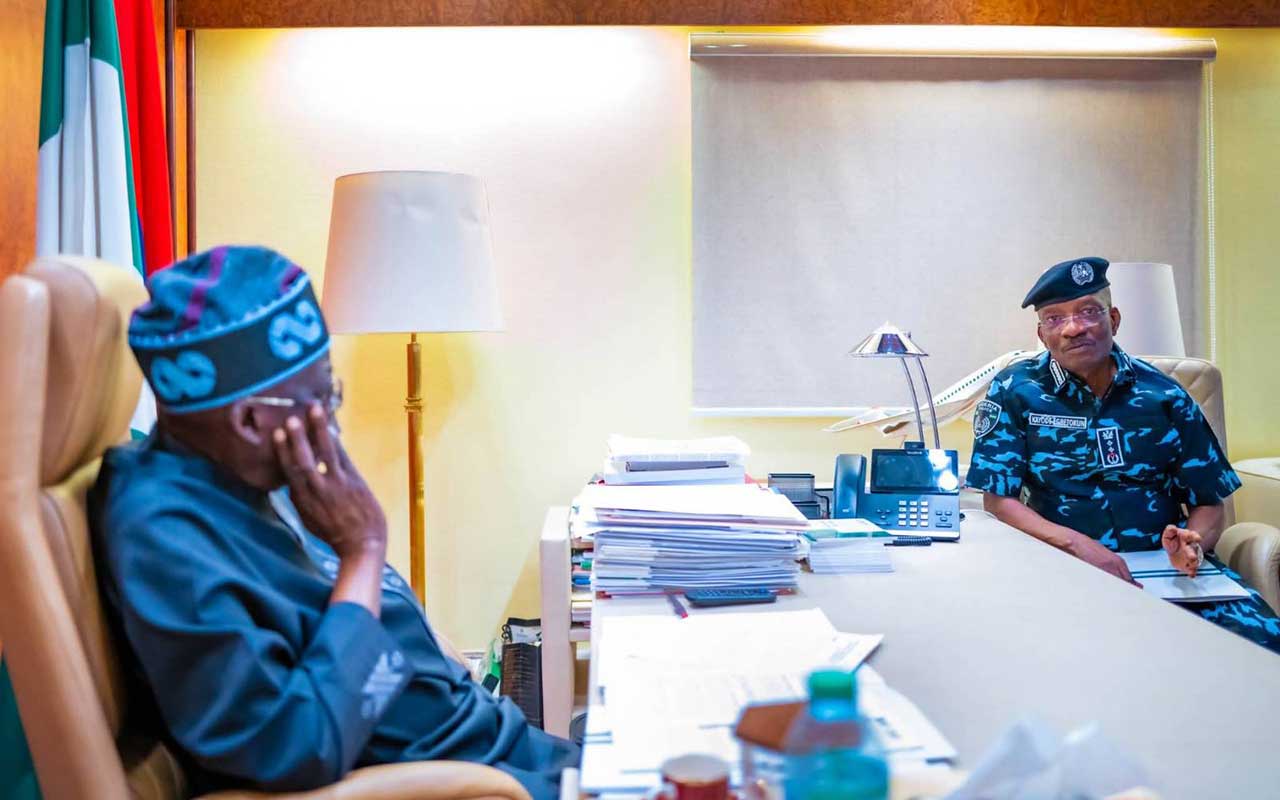
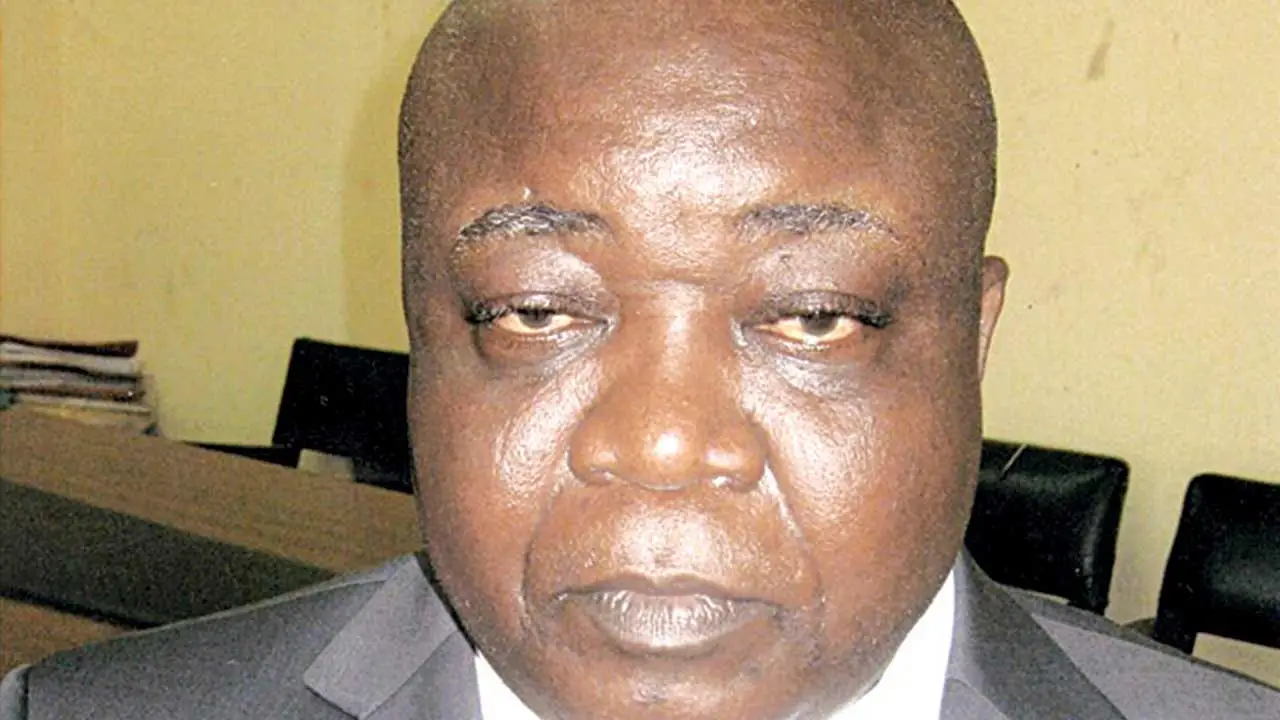
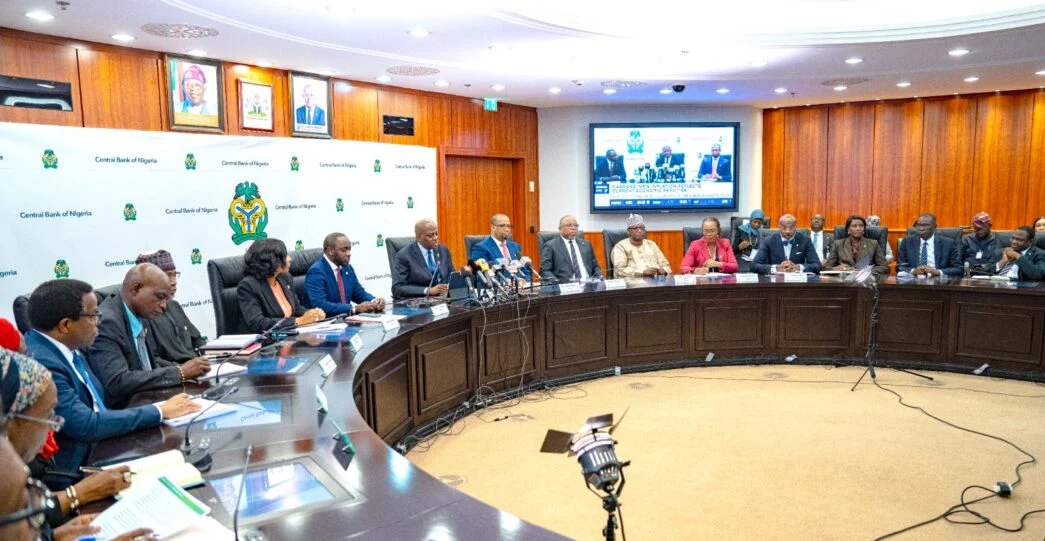
Leave a comment